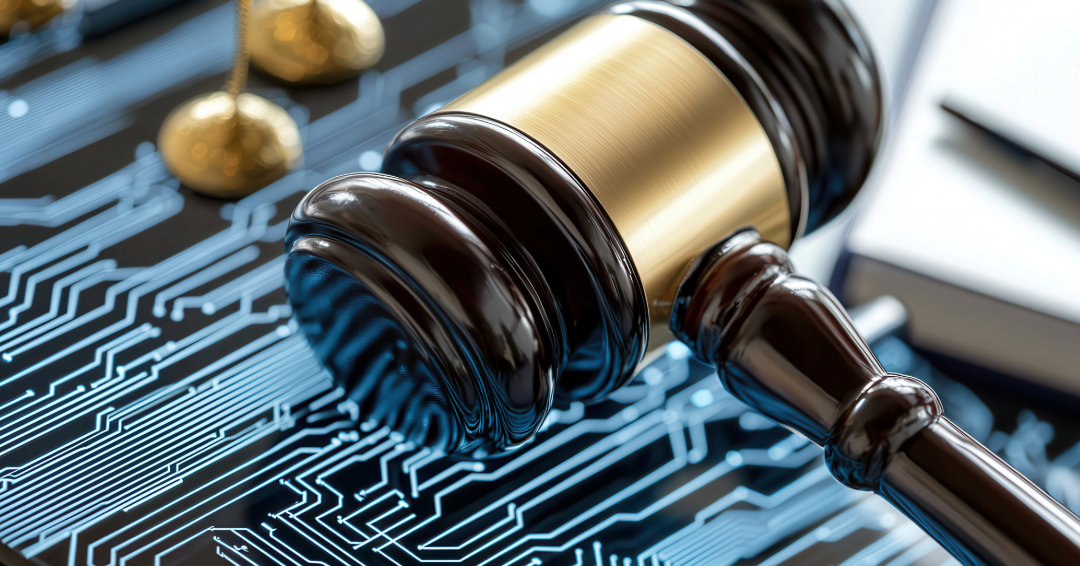In 2025, artificial intelligence is embedded in nearly every business sector—from personalized marketing and customer service chatbots to predictive healthcare tools and financial risk scoring systems. But as AI grows more powerful, so do the questions surrounding its ethics, accountability, and governance.
Enter the Digital Ethics Board—a rising best practice for forward-thinking organizations that want to govern their use of emerging technologies with transparency and trust.
At MPG (My Premium Governance), we help organizations build modern oversight structures, including Digital Ethics Boards that integrate with existing governance frameworks. These boards don’t just protect companies—they protect people, fairness, and brand credibility.
🧠 What Is a Digital Ethics Board?
A Digital Ethics Board is a cross-functional governance committee that oversees the ethical implications of technology use, especially in areas involving:
- Artificial Intelligence and Machine Learning
- Algorithmic decision-making
- Data privacy and bias
- Transparency and accountability in digital systems
According to the OECD, one of the core recommendations for responsible AI deployment is the implementation of accountability frameworks—and Digital Ethics Boards are a key tool for delivering on that promise.
⚖️ Why Are These Boards Becoming Essential?
- Trust Is a Business Asset
In an era where tech decisions can unintentionally reinforce bias or trigger unintended consequences, governing AI usage builds stakeholder trust.
- Regulatory Pressure Is Rising
With laws like the EU AI Act and expanding global data regulations, companies are being pushed to implement proactive compliance and ethical review structures.
- Tech Without Oversight Is Risky
Unregulated algorithmic decisions can lead to PR disasters, legal challenges, or customer harm. An ethics board can mitigate reputational and operational risk.
- Diversity of Perspective Prevents Harm
Digital Ethics Boards often bring together technologists, legal experts, HR professionals, and external advisors—ensuring that technology doesn’t outpace morality.
A MIT Technology Review investigation found that companies with active ethics committees had fewer instances of AI misuse and stronger internal accountability when issues arose.
🛠️ What Does a Digital Ethics Board Do?
Here are typical responsibilities:
- Review and advise on AI/ML deployments
- Assess algorithmic fairness and bias risks
- Oversee data privacy and protection initiatives
- Ensure compliance with digital regulations
- Set internal ethical policies and response procedures
- Issue transparency reports and recommendations
Boards often meet quarterly and report to the company’s executive team or Board of Directors, aligning tech initiatives with ethical and societal expectations.
🧭 How MPG Helps Organizations Launch Ethical Oversight
At MPG (My Premium Governance), we specialize in helping businesses structure comprehensive governance strategies—and that now includes digital ethics and AI oversight. Here’s how we support you:
✅ Governance Templates & Frameworks – Access ready-to-use charters, review protocols, and AI ethics policies
✅ Advisory Tools – Build internal boards with multidisciplinary representation
✅ Compliance Readiness – Align with global standards like the OECD AI Principles and EU AI Act
✅ Documentation Libraries – Maintain traceable decisions, meeting records, and ethical reviews
✅ Customizable Modules – Tailor ethics governance to your specific industry and use cases
Digital governance is evolving—and MPG ensures your organization is prepared, compliant, and trusted.
📌 Technology may run your systems—but ethics must guide your decisions.
A Digital Ethics Board isn’t just a good idea—it’s good governance.
🟢 CTA: AI needs accountability. MPG helps you create governance that keeps your tech in check.
Explore resources and frameworks at My Premium Governance 🧩⚖️🤖



